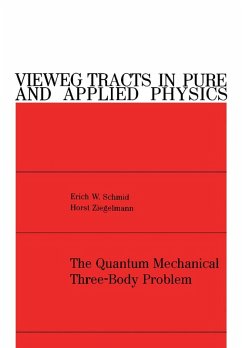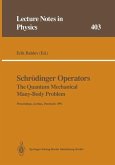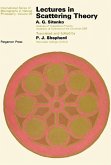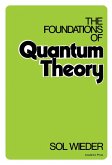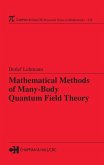This book has eight chapters; the first of which introduces the reader to the quantum mechanical three-body problem, its difficulties, and its importance in nuclear physics. Scattering experiments with three-particle breakup are presented. Attention then turns to some concepts of quantum mechanics, with emphasis on two-particle scattering and the Hamiltonian for three particles. The chapters that follow are devoted to the Faddeev equations, including those for scattering states and transition operators, and how such equations can be solved in practice. The solution of the Faddeev equations for separable potentials and local potentials is presented, along with the use of Padé approximation to solve the Faddeev equations. This book concludes with an appraisal of variational methods for bound states, elastic and rearrangement scattering, and the breakup reaction. A promising variational method for solving the Faddeev equations is described.
This book will be of value to students interested in three-particle physics and to experimentalists who want to understand better how the theoretical data are derived.
Dieser Download kann aus rechtlichen Gründen nur mit Rechnungsadresse in A, B, BG, CY, CZ, D, DK, EW, E, FIN, F, GR, HR, H, IRL, I, LT, L, LR, M, NL, PL, P, R, S, SLO, SK ausgeliefert werden.

